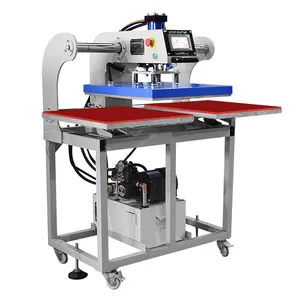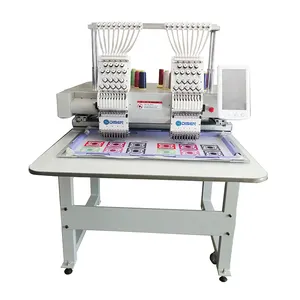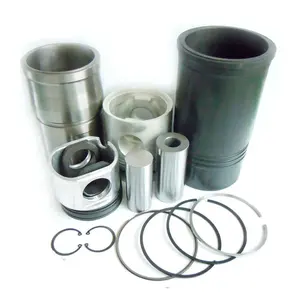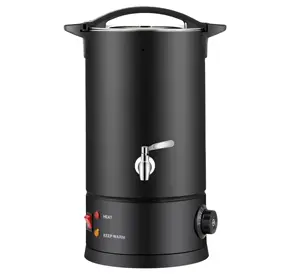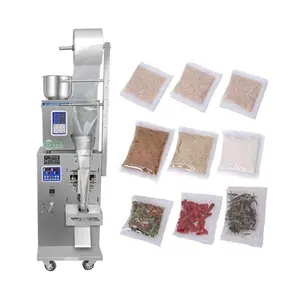Popular in your industry
























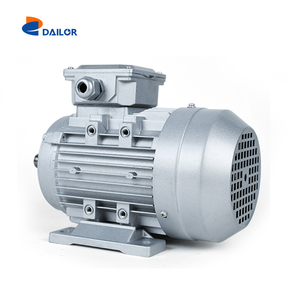







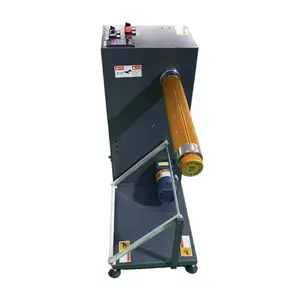
















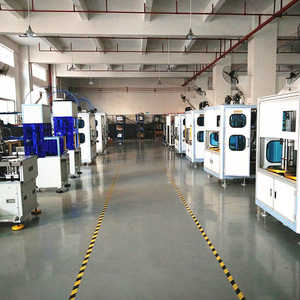



















Related Searches:













































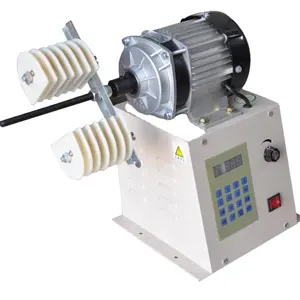




























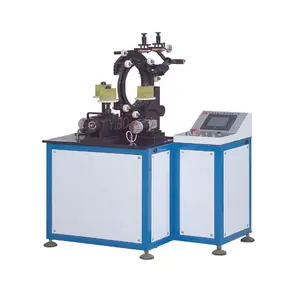




















































Top categories
About induction motor winding machine
Introduction to Induction Motor Winding Machines
Induction motor winding machines are specialized devices designed to wind coils for induction motors, which are essential in various industrial applications. These machines cater to the production of induction motor coil setups, crucial for the functionality of transformers, electric motors, and other electronic devices. The precision and efficiency of these machines are paramount in ensuring the performance and reliability of the final products.
Types and Applications
The versatility of induction motor winding machines is evident in their range of types, from manual to fully automated CNC systems. Manual winders are suitable for lower-volume environments such as laboratories and educational settings, while CNC winders are the cornerstone of high-volume industrial production, offering programmable cycles for continuous operation. Specialized variants are designed for specific applications, such as three phase induction motor winding, where precision and multi-phase coil integration are required.
Features and Specifications
Advanced induction motor winding design software is often utilized in conjunction with these machines to optimize coil patterns and production efficiency. Key specifications include loading weights, coil dimensions, and production rates, which vary across models to accommodate different industrial needs. Some machines are also capable of handling concentric winding induction motor tasks, demonstrating their adaptability to complex winding geometries.
Materials and Advantages
The construction of induction motor winding machines involves robust materials that ensure durability and consistent performance. The use of these machines offers significant advantages in terms of production speed and coil quality. By automating the winding process, manufacturers can achieve uniformity and precision that manual winding cannot match, which is particularly important for applications like DFIG motor production where consistency is critical.
Choosing the Right Machine
Selecting the appropriate winding machine involves considering the specific induction motor winding data and requirements of the operation. Factors such as the type of motor, such as auxiliary winding induction motor or open end winding induction motor, and the desired production volume play a crucial role in determining the most suitable machine. It is essential to assess the capabilities of different machines, including their adaptability to various winding formulas and designs.
Conclusion
In conclusion, the range of induction motor winding machines available caters to a broad spectrum of industrial needs, from bespoke manual winding to high-volume automated production. The integration of induction motor winding formula and design considerations into the selection process ensures that the chosen machine aligns with the specific requirements of the task at hand, facilitating optimal coil production for a myriad of applications.
